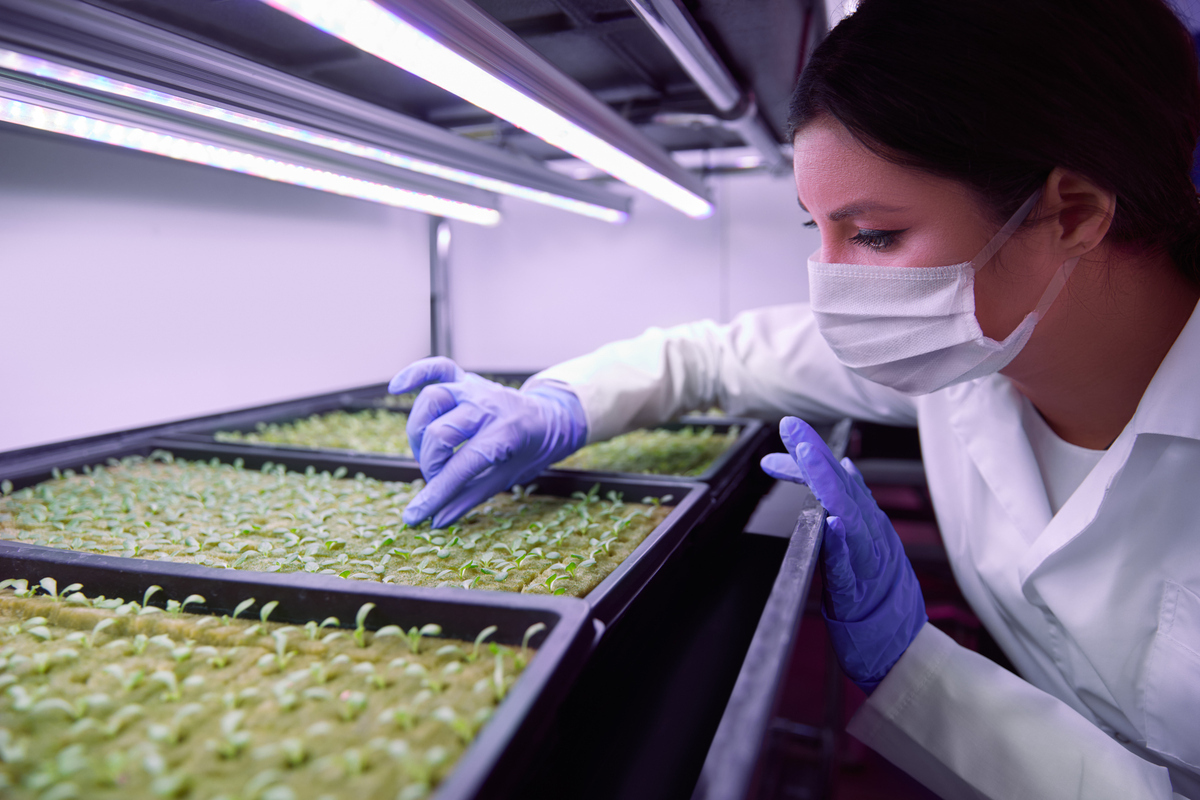
Researchers in Japan Develop Genome Editing Method that Partially Inihibits Gene Function
March 19, 2025| |
A research team led by Associate Professor Takashi Ishida from Kumamoto University in Japan reveals a new genome editing breakthrough that enables partial inhibition of gene function using CRISPR-Cas9 technology. The findings of their study are published in the Journal of Plant Research.
Researchers often face challenges studying essential genes, as completely disabling them can be fatal to organisms. To address this, the research team developed a method that introduces hypomorphic mutations that reduce and do not eliminate gene function. Using Arabidopsis thaliana, they applied this approach to HPY2, a gene essential for cell division and plant growth, which resulted in delayed growth.
This technique, which fine-tunes gene activity instead of disabling it, could help enhance crop traits like stress resistance, making plants more resilient to climate change without compromising growth and yield. “It also opens up new possibilities for precision breeding in agriculture, where controlled gene modification is key to improving traits without unintended consequences,” Associate Professor Ishida said.
For more information, read the abstract from the Journal of Plant Research or the article from Kumamoto University.
| |
You might also like:
- Japanese Researchers Introduce a Novel Gene Editing Technique
- Australian Researchers Develop More Accurate Gene-Editing Tool Than CRISPR
- New Gene Editing Technique Allows Subtle Modifications to Spread Through Wild Populations
Biotech Updates is a weekly newsletter of ISAAA, a not-for-profit organization. It is distributed for free to over 22,000 subscribers worldwide to inform them about the key developments in biosciences, especially in biotechnology. Your support will help us in our mission to feed the world with knowledge. You can help by donating as little as $10.
-
See more articles:
-
Plant
- Researchers in Japan Develop Genome Editing Method that Partially Inihibits Gene Function
- EU Council Agrees Negotiating Mandate for NGTs
- Scientists Sequence Wild Barley Genome; Paving the Way for Climate-Resilient Crops
- Australia's Gene Technology Regulator Approves Field Trial of GM Sorghum
-
Animal
- Unlocking the Potential of Animal Biotech in the Philippines: Research Updates and Regulatory Prospects
-
Food
- Report Projects Boost in Demand from GM Food Market in Upcoming Years
- FSA Review Explores Consumer Responses to Cell-Cultivated Products
-
Health
- Experts Discover New CRISPR-Cas Systems
-
Read the latest: - Biotech Updates (January 28, 2026)
- Gene Editing Supplement (January 28, 2026)
- Gene Drive Supplement (February 22, 2023)
-
Subscribe to BU: - Share
- Tweet

